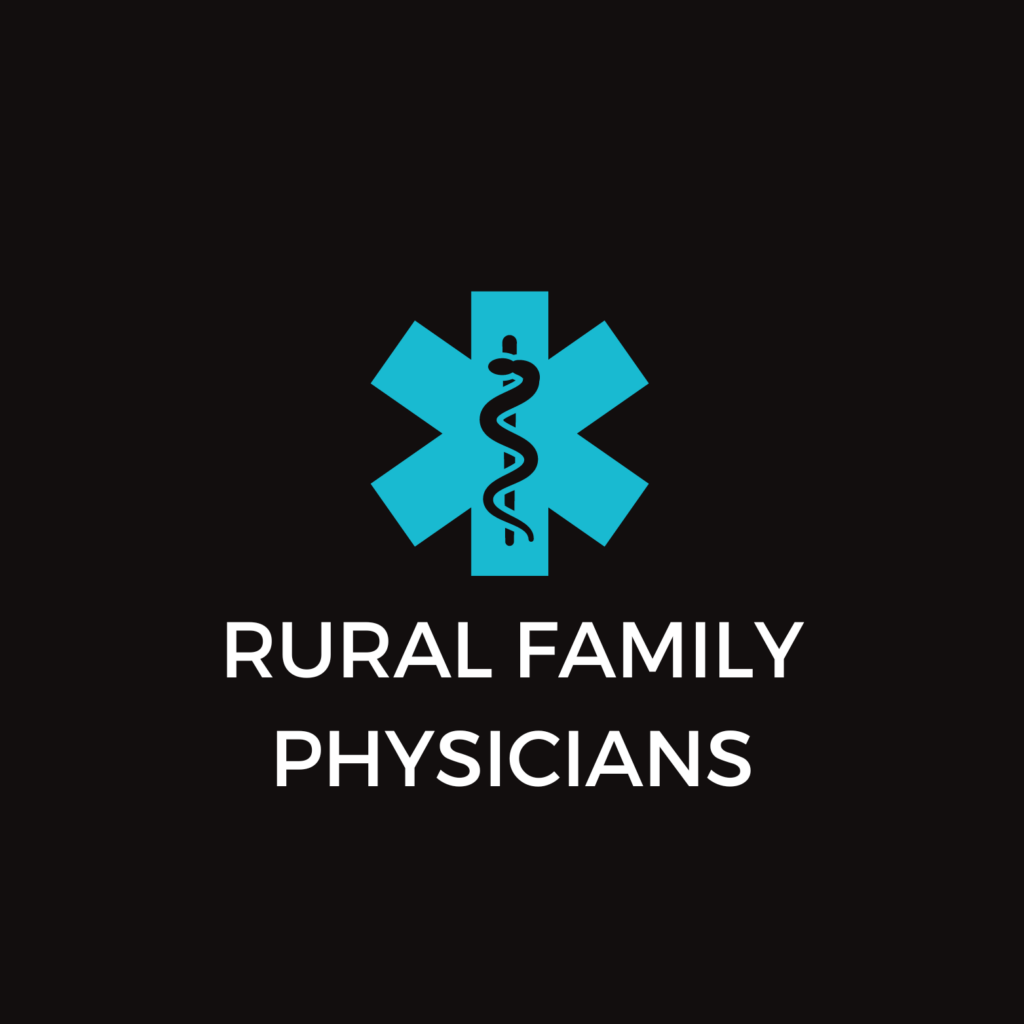With back-to-school season in full swing, it’s important for kids to take into the classroom what helps them learn and grow—including a healthy smile.
Did you know cavities get around? Yes, it’s true. Cavities in children’s baby teeth can spread to their adult teeth, causing pain, problems eating, school absenteeism and a lifetime of dental health issues. That’s why it’s so important to care for children’s baby teeth—it’s where good dental health for life starts.
The new “Cavities Get Around” campaign, launched by the non-profit Delta Dental of Colorado Foundation, raises awareness of the importance of baby teeth and children drinking only water between meals and at bedtime. Why is this education needed?
According to a 2012 report, 40 percent of kindergartners and 55 percent of third-graders in Colorado had experienced cavities. Cavities are no big real, right? Wrong. When untreated, a cavity can turn into an infection, which can be very painful and often require emergency surgical treatment. That same report found that one in seven kindergartners and third-graders had untreated cavities.
Many people have the impression that baby teeth don’t really matter since they’re going to fall out anyway. This is simply not true—it’s a myth. Children don’t get a do-over when their baby teeth fall out and their adult teeth start to arrive. The health of baby teeth—good or bad—carries over to adult teeth.
The baby teeth myth is only part of the problem. While early childhood tooth decay is a complex disease—the most common chronic childhood disease—we know too much sugar can cause poor dental health in kids. Sugar doesn’t just do a number on kids’ teeth; it can also contribute to obesity and diabetes.
Most families know it’s important, on some level, for children’s teeth to be brushed daily, ideally once in the morning and once in the evening. What many families don’t know is that sugar in drinks like juice—even 100% fruit juice, which can contain as much sugar as soda—fuel bacteria in the mouth that cause cavities. This is especially true when young children sip on juice throughout the day.
All-day sipping bathes the baby teeth in sugar. This is especially a problem in young children because the hard surface of their baby teeth—the enamel—is thin, making their teeth vulnerable to the harmful effects of sugar.
So, what’s a family to do? For starters, limit sugary drinks like juice to mealtimes only—breakfast, lunch and dinner. This minimizes the time a child’s teeth are exposed to sugar and allows the mouth to naturally clean itself of the “bad” bacteria.
Then, between meals and especially at bedtime, a child should have only water. Water between meals and at bedtime will help the mouth stay clean and keep cavity-causing bacteria at bay. Water is always the best option.
Finally, while it’s important for a child’s teeth to be brushed in the morning and at night, brushing is particularly important at night. As a general rule, you want to make sure your child goes to bed with a clean mouth.
To learn more about the importance of baby teeth and why children need more water, visit www.CavitiesGetAround.com.
About the author (short):
Michael Okuji, DDS, MPH, MBA, is Delta Dental of Colorado’s Dental Director and was in private practice for 30 years. For more information about brushing as a family, visit www.CavitiesGetAround.com.



